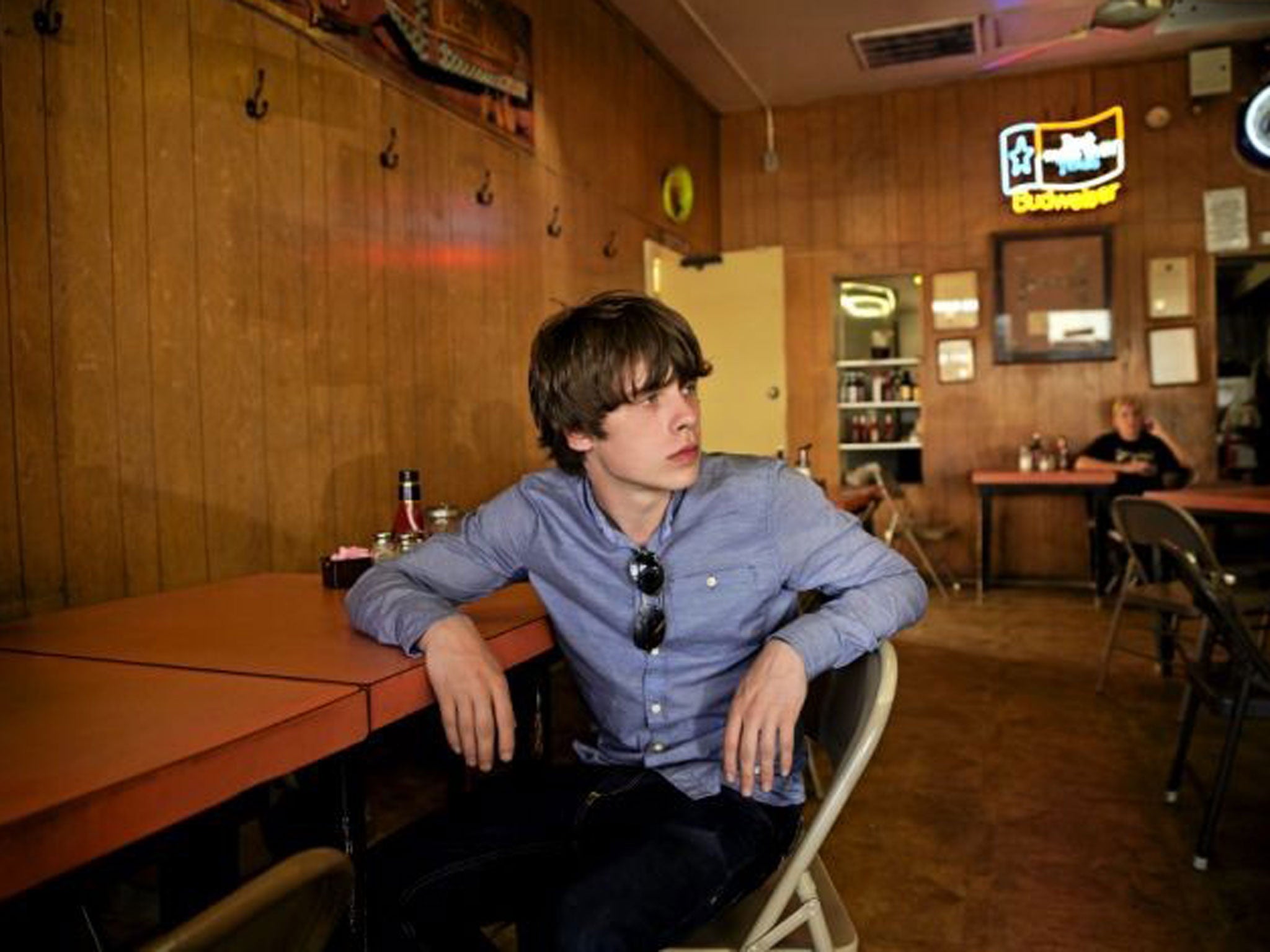Album review: Jake Bugg, Shangri La, Virgin/EMI

Your support helps us to tell the story
From reproductive rights to climate change to Big Tech, The Independent is on the ground when the story is developing. Whether it's investigating the financials of Elon Musk's pro-Trump PAC or producing our latest documentary, 'The A Word', which shines a light on the American women fighting for reproductive rights, we know how important it is to parse out the facts from the messaging.
At such a critical moment in US history, we need reporters on the ground. Your donation allows us to keep sending journalists to speak to both sides of the story.
The Independent is trusted by Americans across the entire political spectrum. And unlike many other quality news outlets, we choose not to lock Americans out of our reporting and analysis with paywalls. We believe quality journalism should be available to everyone, paid for by those who can afford it.
Your support makes all the difference.If the challenge faced by Jake Bugg on his second album is to prove you can take the boy out of Clifton (the Nottingham council estate where he was born) without taking all traces of Clifton out of the boy, then it’s one he rises to. Those who see Bugg’s so-called “authenticity” — whatever that means — as a storm of hype might spy signs of “grooming” in the decision to record in LA with producer Rick Rubin, but the follow-up to his hit debut makes the Midlands-to-Malibu move look largely seamless: as an exercise in expanded range, Shangri La is too diverse and distinct to dismiss.
Bugg’s skiffle-billy roots remain, but they benefit from a confidence upgrade on the full-pelt opening tracks, which lay into Twitter (“There’s a Beast and We All Feed It”) and, on “Slumville Sunrise”, reiterate his hunger to spread his wings (“This place is just not for me”) beyond his birthplace. Those wings aren’t flexed too persuasively on “Simple Pleasures”, which circles its melodic tail like one of Noel Gallagher’s “proper music” sermons, and “A Song About Love”, which lapses into Snow Patrol platitudes.
But US influences galvanise Bugg on the boogie-rocking “Kingpin” and the street-corner snapshot “Messed Up Kids”, where solo artist and sometime raconteur Brendan Benson’s co-writing credit registers keenly.
Elsewhere, Bugg’s Marmite voice invests ballads (“Me and You”), finger-picked reflections (“Kitchen Table”) and lonesome reveries (“Storm Passes Away”) with surprising authority.
“Where will you go when the storm passes away,” he asks on the latter. For Bugg, the answer seems clear: far from Clifton, without much risk of losing his way.
Join our commenting forum
Join thought-provoking conversations, follow other Independent readers and see their replies
Comments